|
Dr. Paul Holtzheimer - April 2, 2024
"Mechanosensitive Potassium Channels in Nerves: Molecular Mechanisms, Disease Relevance, and Potential Targets for Neuromodulation" William K. Warren, Jr. Frontiers in Neuroscience Lecture 12:00 pm - 1:00 pm Program in the LPCH auditorium Dr. Steve Brohawn is an Associate Professor at the University of California, Berkeley in the Department of Molecular and Cell Biology and the Helen Wills Neuroscience Institute. Research in his laboratory is focused on understanding the molecular basis of sensory transduction and electrical signaling in the nervous system. To this end, the lab uses a combination of cryo-electron microscopy and electrophysiology to investigate the structure and function of membrane protein ion channels and transporters. Prior to starting his laboratory in 2016, Dr. Brohawn was a Helen Hay Whitney Postdoctoral Fellow in Dr. Rod MacKinnon’s lab at the Rockefeller University from 2010 to 2015 where he studied ion channels that sense mechanical force. Steve received his PhD in Biology in 2010 from the Massachusetts Institute of Technology where he worked with Dr. Thomas Schwartz on the structure and function of the nuclear pore complex. He received his B.S. from the University of Delaware in 2004 where he worked with Dr. Colin Thorpe on the enzymology of oxidative protein folding. Work in his lab has been recognized with a NIH New Innovator Award, a New York Stem Cell Neuroscience Investigator Award, a Sloan Research Fellowship, a McKnight Neuroscience Scholar Award, and a Klingenstein-Simons Research Fellowship. Learning objectives:
Saint Francis Health System designates this live activity for a maximum of 1 AMA PRA Category 1 Credit(s)™. Physicians should claim only the credit commensurate with the extent of their participation in the activity. For Psychologists: The Oklahoma State Board of Examiners of Psychologists, the American Psychological Association and the Oklahoma Psychological Association recognize AMA PRA Category 1 credit™. Saint Francis Health System is accredited by the OSMA For Social Workers: An application has been sent to the Oklahoma State Board of Licensed Social Workers for 1 hour Category 1 Clinical. For CADCs and LADCs Saint Francis Health System is accredited as a provider of continuing education programs for CADCs and LADCs through the Oklahoma Board of Licensed Alcohol and Drug Counselors. (1 hour) The LPC/LMFT This event as been approved by the State Board of Behavioral Health Licensure (BBHL) for 1 hour of CE. For questions , email: Lauren Haguewood at [email protected]
0 Comments
Dr. Paul Holtzheimer - April 2, 2024
“Transcranial Magnetic Stimulation for Psychiatric Disorders” William K. Warren, Jr. Frontiers in Neuroscience Lecture 12:00 pm - 1:00 pm Zoom Join Zoom Meeting https://laureateinstitute-org.zoom.us/j/87343165038 Meeting ID: 873 4316 5038 Passcode: 490646 Paul Holtzheimer, MD, is the Deputy Director for Research at the National Center for Posttraumatic Stress Disorder. He is Professor of Psychiatry and Surgery at the Geisel School of Medicine at Dartmouth, and a staff psychiatrist at Dartmouth-Hitchcock Medical Center and the White River Junction VA Medical Center. Dr. Holtzheimer’s clinical and research interests include developing better interventions for PTSD, depression and related disorders, especially for patients with treatment-resistant and comorbid illness. He has expertise in brain imaging and brain stimulation therapies (including transcranial magnetic stimulation, electroconvulsive therapy, vagus nerve stimulation, and deep brain stimulation). A primary aim of his research program is to better understand the neural circuitry of treatment-resistant psychiatric disorders and to use this information to develop and advance novel treatment approaches, with a particular emphasis on focal brain stimulation therapies. Dr. Holtzheimer is an author on over 100 publications in psychiatry, neurology, neurosurgery and neuroimaging. He has received research funding from the National Institutes of Health, the Department of Veterans Affairs and multiple non-profit foundations. He has served on the Council of the Society of Biological Psychiatry and on the Board of Directors for the Anxiety and Depression Association of America. He is a Fellow of the American College of Neuropsychopharmacology. Learning objectives:
Saint Francis Health System designates this live activity for a maximum of 1 AMA PRA Category 1 Credit(s)™. Physicians should claim only the credit commensurate with the extent of their participation in the activity. For Psychologists: The Oklahoma State Board of Examiners of Psychologists, the American Psychological Association and the Oklahoma Psychological Association recognize AMA PRA Category 1 credit™. Saint Francis Health System is accredited by the OSMA For Social Workers: An application has been sent to the Oklahoma State Board of Licensed Social Workers for 1 hour Category 1 Clinical. For CADCs and LADCs Saint Francis Health System is accredited as a provider of continuing education programs for CADCs and LADCs through the Oklahoma Board of Licensed Alcohol and Drug Counselors. (1 hour) The LPC/LMFT This event as been approved by the State Board of Behavioral Health Licensure (BBHL) for 1 hour of CE. For questions , email: Lauren Haguewood at [email protected] Dr. Karmel Choi - March 5, 2024
Title: Data-Driven Discovery for Preventing Depression and Promoting Resilience William K. Warren, Jr. Frontiers in Neuroscience Lecture 12:00 pm - 1:00 pm CST Program in the LPCH auditorium Karmel Choi is an Assistant Professor at Harvard Medical School/Massachusetts General Hospital (MGH) and Director of the Precision Prevention Program in the MGH Center for Precision Psychiatry. Her lab leverages tools from statistical genetics, data science, and epidemiology to understand how people show resilience in the face of risk and adversity and identify strategies for preventing stress-related disorders such as depression and PTSD. She completed her Ph.D. in Clinical Psychology at Duke University and clinical internship at Massachusetts General Hospital. Learning objectives:
Saint Francis Health System designates this live activity for a maximum of 1 AMA PRA Category 1 Credit(s)™. Physicians should claim only the credit commensurate with the extent of their participation in the activity. For Psychologists: The Oklahoma State Board of Examiners of Psychologists, the American Psychological Association and the Oklahoma Psychological Association recognize AMA PRA Category 1 credit™. Saint Francis Health System is accredited by the OSMA For Social Workers: An application has been sent to the Oklahoma State Board of Licensed Social Workers for 1 hour Category 1 Clinical. For CADCs and LADCs Saint Francis Health System is accredited as a provider of continuing education programs for CADCs and LADCs through the Oklahoma Board of Licensed Alcohol and Drug Counselors. (1 hour) The LPC/LMFT This event as been approved by the State Board of Behavioral Health Licensure (BBHL) for 1 hour of CE. For questions , email: Lauren Haguewood at [email protected] Dr. Eric Garland - February 6, 2024
"Mindfulness-Oriented Recovery Enhancement: Clinical Outcomes and Neurophysiological Mechanisms of an Evidence-Based Treatment for Addiction and Chronic Pain" William K. Warren, Jr. Frontiers in Neuroscience Lecture 12:00 pm - 1:00 pm Program in the LPCH auditorium Dr. Eric Garland, PhD, LCSW is Distinguished Endowed Chair in Research, Distinguished Professor, and Associate Dean for Research in the University of Utah College of Social Work and Director of the Center on Mindfulness and Integrative Health Intervention Development (C-MIIND). Dr. Garland is the developer of an innovative mindfulness-based therapy founded on insights derived from neuroscience, called Mindfulness-Oriented Recovery Enhancement (MORE). He has published more than 230 scientific articles and received more than $80 million in research grants from the National Institutes of Health (NIH) and the Department of Defense (DOD) develop and test novel mindfulness-based treatments for addiction. In 2019 was appointed by NIH Director Dr. Francis Collins to the NIH HEAL Multi-Disciplinary Working Group comprised of national experts on pain and addiction research to help guide the nation’s $2 billion HEAL initiative to use science to halt the opioid crisis. In addition to being a clinical researcher, Dr. Garland is a licensed psychotherapist and Distinguished Fellow of the National Academies of Practice, with more than 20 years of clinical experience treating addiction. In a recent bibliometric analysis of mindfulness research published over the past 55 years, Dr. Garland was found to be the most prolific author of mindfulness research in the world. Learning objectives:
Saint Francis Health System designates this live activity for a maximum of 1 AMA PRA Category 1 Credit(s)™. Physicians should claim only the credit commensurate with the extent of their participation in the activity. For Psychologists: The Oklahoma State Board of Examiners of Psychologists, the American Psychological Association and the Oklahoma Psychological Association recognize AMA PRA Category 1 credit™. Saint Francis Health System is accredited by the OSMA For Social Workers: An application has been sent to the Oklahoma State Board of Licensed Social Workers for 1 hour Category 1 Clinical. For CADCs and LADCs Saint Francis Health System is accredited as a provider of continuing education programs for CADCs and LADCs through the Oklahoma Board of Licensed Alcohol and Drug Counselors. (1 hour) The LPC/LMFT This event as been approved by the State Board of Behavioral Health Licensure (BBHL) for 1 hour of CE. For questions , email: Lauren Haguewood at [email protected] Dr. Olusola Ajilore - January 9, 2024
"Network Approaches to Precision Psychiatry" William K. Warren, Jr. Frontiers in Neuroscience Lecture 12:00 pm - 1:00 pm Program in the LPCH auditorium Dr. Ajilore is the Center for Depression and Resilience Professor in the Department of Psychiatry at the University of Illinois-Chicago. He graduated magna cum laude from Harvard University with a degree in biology. Dr. Ajilore did his MD/PhD degree at Stanford University where he studied the negative effects of stress hormones on the brain. His lab currently uses computational neuroimaging techniques and digital biomarkers to better track and treat neuropsychiatric disorders. Dr. Ajilore is also serves as the Associate Head for Faculty Development, the director the Mood and Anxiety Disorders Program and as a member of the National Advisory Mental Health Council for NIMH. Learning objectives:
For Physicians: Saint Francis Health System is accredited by the Oklahoma State Medical Association to provide continuing medical education for physicians. Saint Francis Health System designates this live activity for a maximum of 1 AMA PRA Category 1 Credit(s)™. Physicians should claim only the credit commensurate with the extent of their participation in the activity. For Psychologists: The Oklahoma State Board of Examiners of Psychologists, the American Psychological Association and the Oklahoma Psychological Association recognize AMA PRA Category 1 credit™. Saint Francis Health System is accredited by the OSMA For Social Workers: An application has been sent to the Oklahoma State Board of Licensed Social Workers for 1 hour Category 1 Clinical. For CADCs and LADCs Saint Francis Health System is accredited as a provider of continuing education programs for CADCs and LADCs through the Oklahoma Board of Licensed Alcohol and Drug Counselors. (1 hour) The LPC/LMFT This event as been approved by the State Board of Behavioral Health Licensure (BBHL) for 1 hour of CE. For questions , email: Lauren Haguewood at [email protected] Dr. Jennifer Felger - November 7, 2023
"Inflammation and Anhedonia in Depression: Biomarkers, Mechanisms, and Therapeutic Implications" William K. Warren, Jr. Frontiers in Neuroscience Lecture 12:00 pm - 1:00 pm Program in the LPCH auditorium Jennifer C. Felger, PhD, is an Associate Professor of Psychiatry and Behavioral Sciences at Emory University School of Medicine. Dr. Felger’s work combines basic and clinical approaches to understand the mechanisms by which inflammation affects neurotransmitters and circuits to cause depressive symptoms in patients with psychiatric or medical illnesses. Her current work is focused on testing novel dopaminergic and anti-inflammatory therapies that might reverse the effects of inflammation on corticostriatal reward and motor circuits with the overarching goal of identifying treatments that can be targeted to patients with high inflammation. Dr. Felger has a PhD in Neuroscience and a Master’s in Clinical Research from Emory, and she completed a postdoctoral fellowship at The Rockefeller University. Her research has been funded by R01, R61/R33 and R21 grants from NIMH and by foundations like the Brain & Behavior Research Foundation (BBRF), American Cancer Society, and the Dana Foundation. Dr. Felger has received early career or travel awards from research societies like the Society for Biological Psychiatry and American College of Neuropsychopharmacology, and in 2017 she was awarded the Klerman Prize for Exceptional Clinical Research from BBRF. She is on the Editorial Board of Neuropsychopharmacology and serves as Associate Editor for Brain, Behavior and Immunity. Learning objectives:
Dr. Tsuneya Ikezu - October 3, 2023
"Microglia and Extracellular Vesicles in Neurologic Disorders" William K. Warren, Jr. Frontiers in Neuroscience Lecture 12:00 pm - 1:00 pm Program in the LPCH auditorium 11:00am - 11:45am Lunch will be served beforehand in the LPCH banquet room Dr. Tsuneya Ikezu is a Professor in the Department of Neuroscience and Director, Molecular NeuroTherapeutics Laboratory at the Mayo Clinic in Florida. Research in the clinic focuses on neuroimmune cell-mediated regulations of neuronal function, neurogenesis, neuroinflammation, and neurodegeneration. Researchers in Dr. Ikezu’s lab are particularly interested in how the innate immune-related cells, extracellular vehicles, and molecules in the central nervous system influence the pathology and progression of select neurodegenerative disorders such as Alzheimer’s disease and related disorders Prior to this, Dr. Ikezu was Professor of Pharmacology and Neurology at Boston University School of Medicine and led the Laboratory of Molecular NeuroTherapeutics for 10 years. He has authored more than 120 journal articles, which were cited over 23,000 times, edited the textbook Neuroimmune Pharmacology (Springer Nature) and served on several editorial boards. Over his career, Dr. Ikezu has received Vada Kinman Oldfield Alzheimer’s Research Award (2000), Inge Grundke Iqbal Award from Alzheimer’s Association (2016) and recently Jack Spivack Excellence in Neuroscience Award (2018). Dr. Ikezu received his M.D. and Ph.D. from University of Tokyo School of Medicine and completed post-doctoral trainings at Massachusetts General Hospital and Cleveland Clinic Foundation. Dr. Ikezu’s lab webpage: The Molecular Neurotherapeutics Laboratory at Mayo Clinic Learning objectives:
Saint Francis Health System designates this live activity for a maximum of 1 AMA PRA Category 1 Credit(s)™. Physicians should claim only the credit commensurate with the extent of their participation in the activity. For Psychologists: The Oklahoma State Board of Examiners of Psychologists, the American Psychological Association and the Oklahoma Psychological Association recognize AMA PRA Category 1 credit™. Saint Francis Health System is accredited by the OSMA For Social Workers: Saint Francis Health System is an approved provider of continuing education for social worker through the Oklahoma State Board of Licensed Social Workers for 1 hour Category 1 Clinical. (CEP Number - 20230007) For CADCs and LADCs Saint Francis Health System is accredited as a provider of continuing education programs for CADCs and LADCs through the Oklahoma Board of Licensed Alcohol and Drug Counselors. (1 hour) The LPC/LMFT This event as been approved by the State Board of Behavioral Health Licensure (BBHL) for 1 hour of CE. For questions , email: Lauren Haguewood at [email protected] Dr. Steven Cole - May 2, 2023
"Social Regulation of Human Gene Expression" William K. Warren, Jr. Frontiers in Neuroscience Lecture 12:00 pm - 1:00 pm Program in the LPCH auditorium (No registration needed) Steven Cole is a Professor of Psychiatry & Biobehavioral Sciences and Medicine in the Division of Hematology-Oncology at the David Geffen School of Medicine at UCLA. His research utilizes molecular genetics and computational bioinformatics to analyze the pathways by which social and environmental factors influence the activity of the human genome, as well as viral and cancer genomes. He pioneered the field of human social genomics, and discovered the "Conserved Transcriptional Response to Adversity" that mediates health disparities via neural regulation of inflammatory genes and antiviral genes in monocytes. He serves as Director of the UCLA Social Genomics Core Laboratory, and is a member of the Jonsson Comprehensive Cancer Center, the Norman Cousins Center, the UCLA AIDS Institute, the UCLA Molecular Biology Institute, and a Fellow of the American Association for the Advancement of Science. Learning objectives:
Saint Francis Health System designates this live activity for a maximum of 1 AMA PRA Category 1 Credit(s)™. Physicians should claim only the credit commensurate with the extent of their participation in the activity. For Psychologists: The Oklahoma State Board of Examiners of Psychologists, the American Psychological Association and the Oklahoma Psychological Association recognize AMA PRA Category 1 credit™. Saint Francis Health System is accredited by the OSMA For Social Workers: Saint Francis Health System is an approved provider of continuing education for social worker through the Oklahoma State Board of Licensed Social Workers for 1 hour Category 1 Clinical. (CEP Number - 20230007) For CADCs and LADCs Saint Francis Health System is accredited as a provider of continuing education programs for CADCs and LADCs through the Oklahoma Board of Licensed Alcohol and Drug Counselors. (1 hour) Dr. Joan Camprodon - February 7, 2023
"Suicide Circuit Therapeutics: Leveraging the Efficacy of ECT and the Focality of TMS" William K. Warren, Jr. Frontiers in Neuroscience Lecture 12:00 pm - 1:00 pm Program in the LPCH auditorium (No registration needed) Dr. Camprodon is inaugural Chief of the Division of Neuropsychiatry and Director of the Laboratory for Neuropsychiatry and Neuromodulation at Massachusetts General Hospital, and Associate Professor of Psychiatry at Harvard Medical School. Clinically, he is the founding Director of the MGH Transcranial Magnetic Stimulation (TMS) clinical service, a member of the Psychiatric Neurosurgery Committee and an attending physician in the Departments of Psychiatry (Neuropsychiatry) and Neurology (Cognitive and Behavioral Neurology). He is board-certified in psychiatry and behavioral neurology-neuropsychiatry. Dr. Camprodon’s research focuses on Neuropsychiatry and Neuromodulation. Methodologically, he uses multimodal combinations of brain stimulation and neuroimaging/neurophysiology to investigate neural circuitry and plasticity in a translational manner. He uses a wide range of noninvasive and invasive neuromodulation techniques including transcranial current stimulation (tCS, e.g. tDCS/tACS), transcranial magnetic stimulation, transcranial photobiomodulation, electroconvulsive therapy and deep brain stimulation. He also uses multimodal functional and structural MRI, EEG and innovative simultaneous combinations of TMS and tDCS/tACS with neuroimaging and neurophysiology. The scope of his research includes basic, translational and clinical projects focused on human circuit neuroscience. Projects in his laboratory address (1) circuit level neuropsychiatric pathophysiology (with an emphasis on transdiagnostic processes and the role of plasticity) and (3) the translational development of tools to support clinical care and decision-making (e.g. biomarkers and treatment development). Critical efforts are geared towards applying the paradigms and methods of human systems/cognitive neuroscience to discover treatment targets that support the development of individualized precision therapeutics, with a focus on image-guided device-based neuromodulation. Learning objectives:
Saint Francis Health System designates this live activity for a maximum of 1 AMA PRA Category 1 Credit(s)™. Physicians should claim only the credit commensurate with the extent of their participation in the activity. For Psychologists: The Oklahoma State Board of Examiners of Psychologists, the American Psychological Association and the Oklahoma Psychological Association recognize AMA PRA Category 1 credit™. Saint Francis Health System is accredited by the OSMA For Social Workers: Saint Francis Health System is an approved provider of continuing education for social worker through the Oklahoma State Board of Licensed Social Workers for 1 hour Category 1 Clinical. (CEP Number - 20230007) For CADCs and LADCs Saint Francis Health System is accredited as a provider of continuing education programs for CADCs and LADCs through the Oklahoma Board of Licensed Alcohol and Drug Counselors. (1 hour) The LPC/LMFT This event as been approved by the State Board of Behavioral Health Licensure (BBHL) for 1 hour of CE. For questions , email: Lauren Haguewood at [email protected] Dr. Guido Frank - January 11, 2023
"Why Does My Child Not Eat? The Complex Relationships Between Behavior and Neurobiology in Eating Disorders" William K. Warren, Jr. Frontiers in Neuroscience Lecture 12:00 pm - 1:00 pm Program in the LPCH auditorium (No registration needed) Dr. Frank is a Professor of Psychiatry at the University of California San Diego and a board-certified child and adolescent psychiatrist. He earned his medical degree from the Ludwig-Maximilians-University in Munich, Germany. He trained in psychosomatics at the Center for Behavioral Health Klinik Roseneck, Prien, Germany, and then at the Western Psychiatric Institute and Clinic, University of Pittsburgh, and the University of California San Diego, USA. Dr. Frank is a clinician-researcher who has studied the neurobiology of psychiatric disorders for the past 25 years. He is also a trained psychotherapist and applies neurobiological knowledge to inform psychotherapeutic treatment. In addition, he is an expert consultant to local and national law firms. He has received multiple awards for mentoring, research, and teaching. Dr. Frank has been funded through the National Institute of Mental Health and numerous private foundation grants for the past fifteen years to study the biological domains that underlie eating disorder-related behaviors in youth and adults. His research has introduced computational modeling to the eating disorders field. His overarching goal is to develop translational models that bridge clinical presentation with neuroscience to develop more effective treatments. Learning objectives:
Saint Francis Health System designates this live activity for a maximum of 1 AMA PRA Category 1 Credit(s)™. Physicians should claim only the credit commensurate with the extent of their participation in the activity. For Psychologists: The Oklahoma State Board of Examiners of Psychologists, the American Psychological Association and the Oklahoma Psychological Association recognize AMA PRA Category 1 credit™. Saint Francis Health System is accredited by the OSMA For Social Workers: Saint Francis Health System is an approved provider of continuing education for social worker through the Oklahoma State Board of Licensed Social Workers for 1 hour Category 1 Clinical. (CEP Number - 20230007) For CADCs and LADCs Saint Francis Health System is accredited as a provider of continuing education programs for CADCs and LADCs through the Oklahoma Board of Licensed Alcohol and Drug Counselors. (1 hour) The LPC/LMFT This event as been approved by the State Board of Behavioral Health Licensure (BBHL) for 1 hour of CE. For questions , email: Lauren Haguewood at [email protected] |
Archives
July 2024
Categories
All
|
VISIT LIBR6655 South Yale Ave. Tulsa, OK 74136
918.502.5100 | [email protected] |
|
© 2009-2024. All Rights Reserved. Laureate Institute for Brain Research
Site powered by Laureate Institute for Brain Research

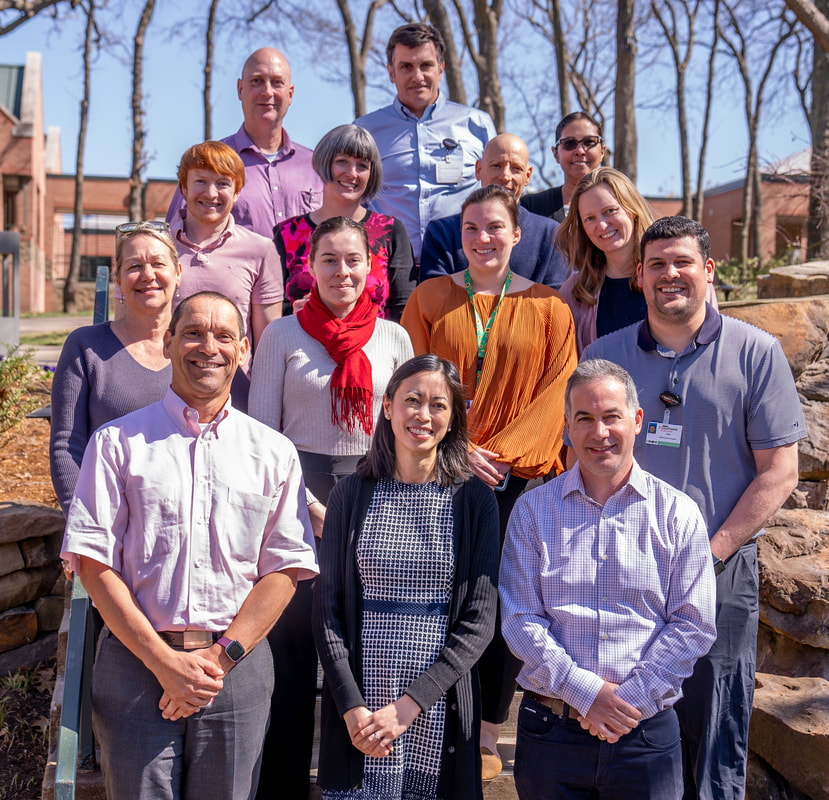
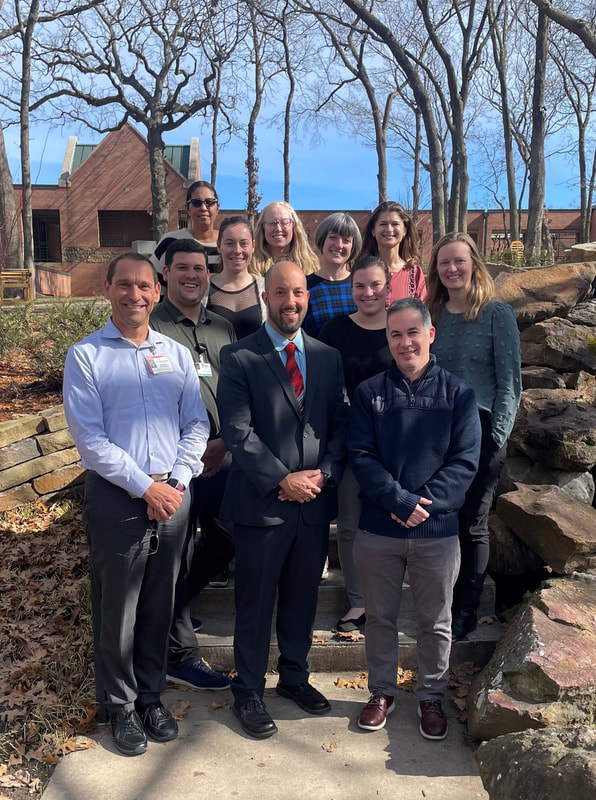
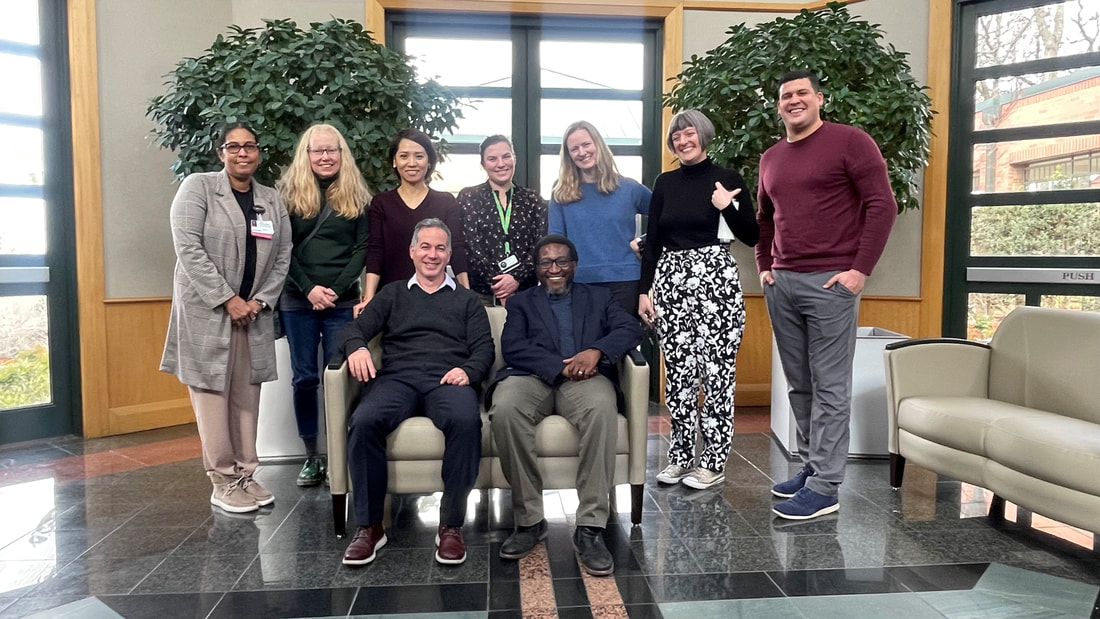
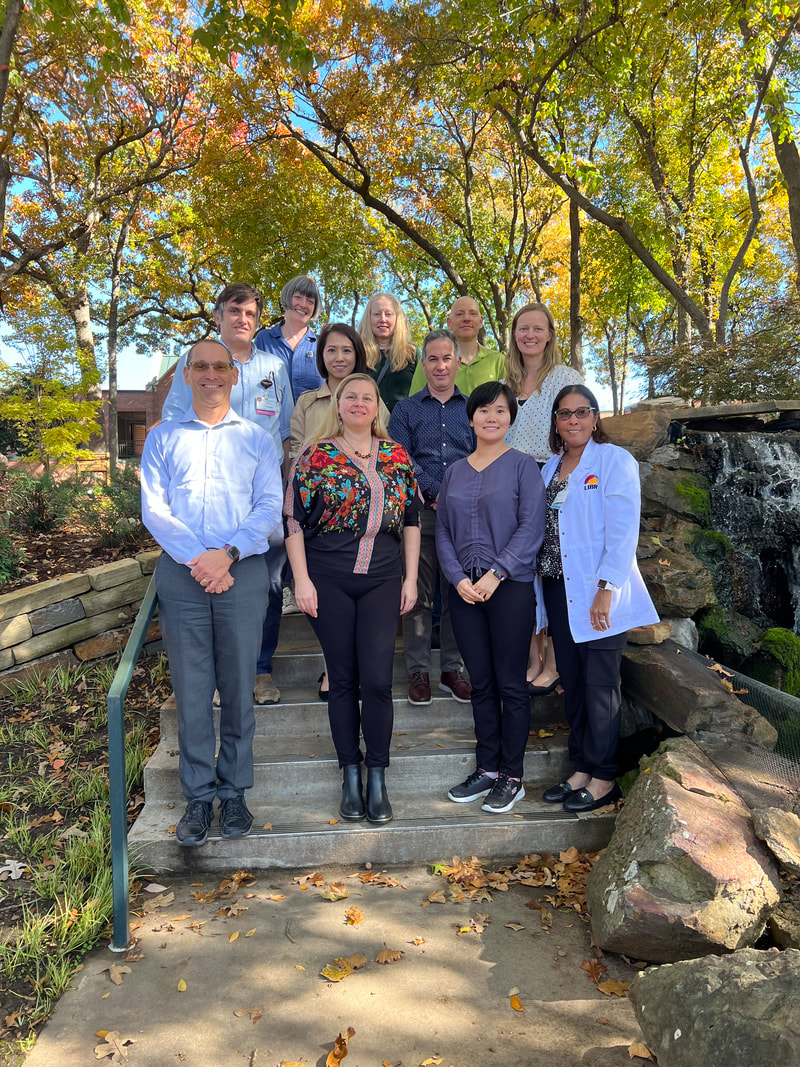
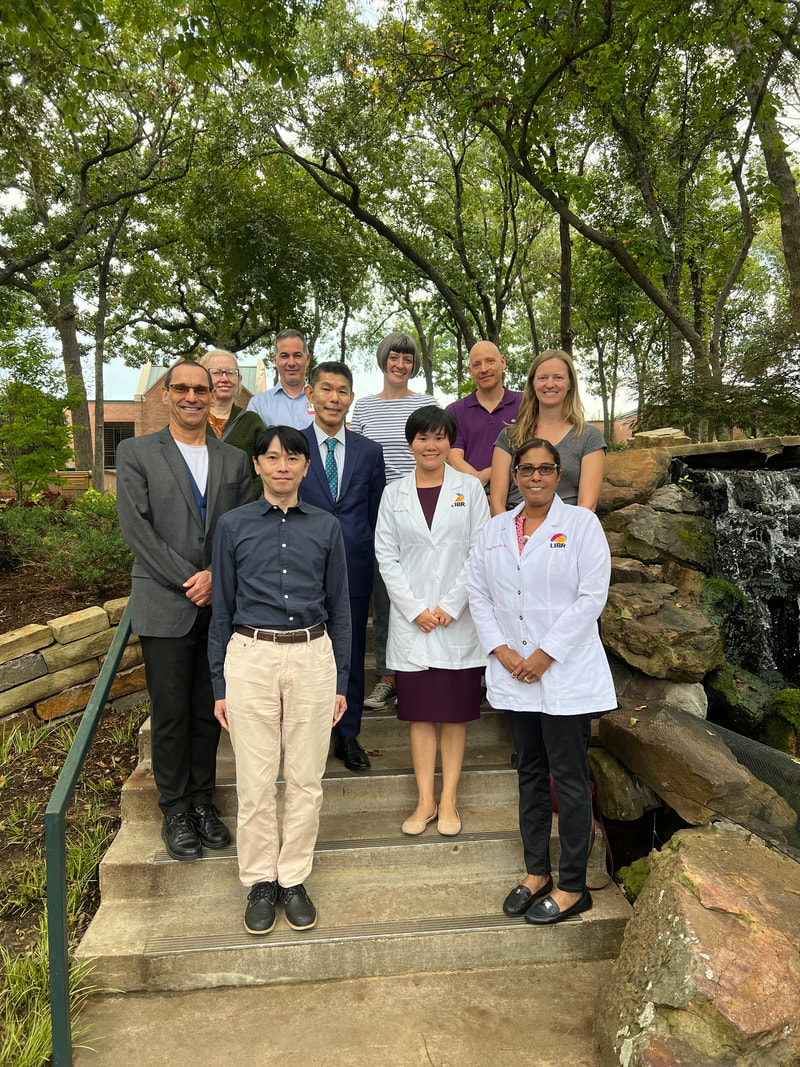
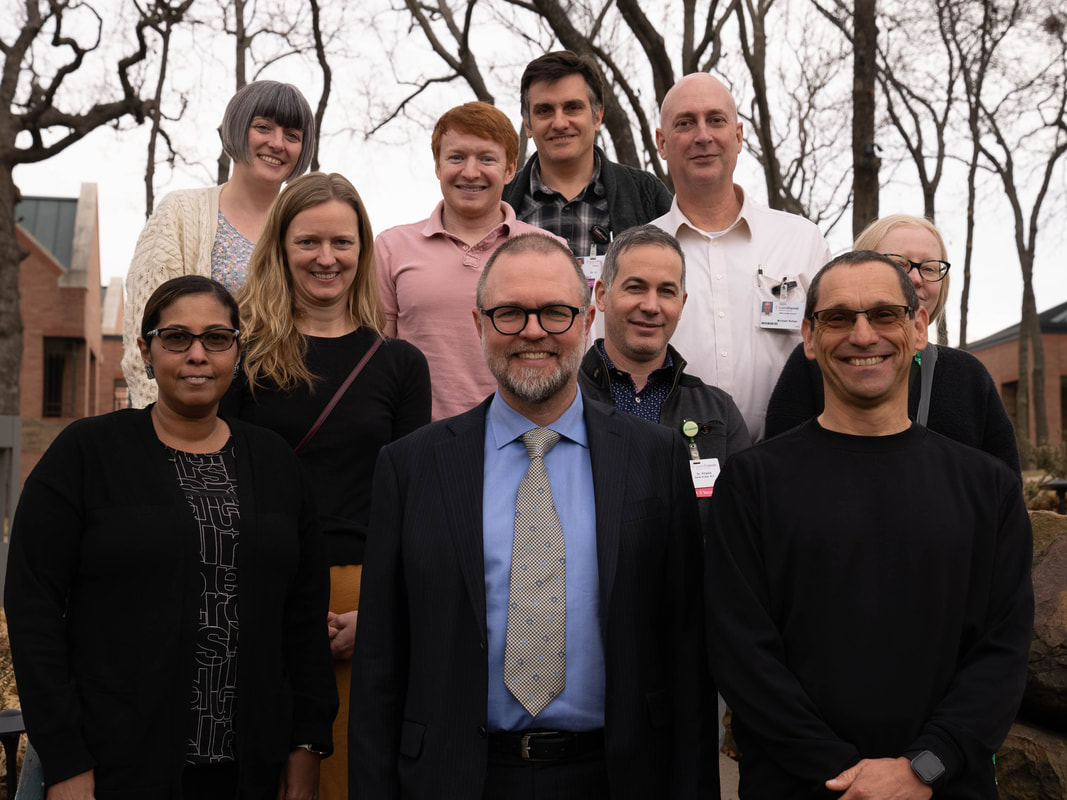
 RSS Feed
RSS Feed